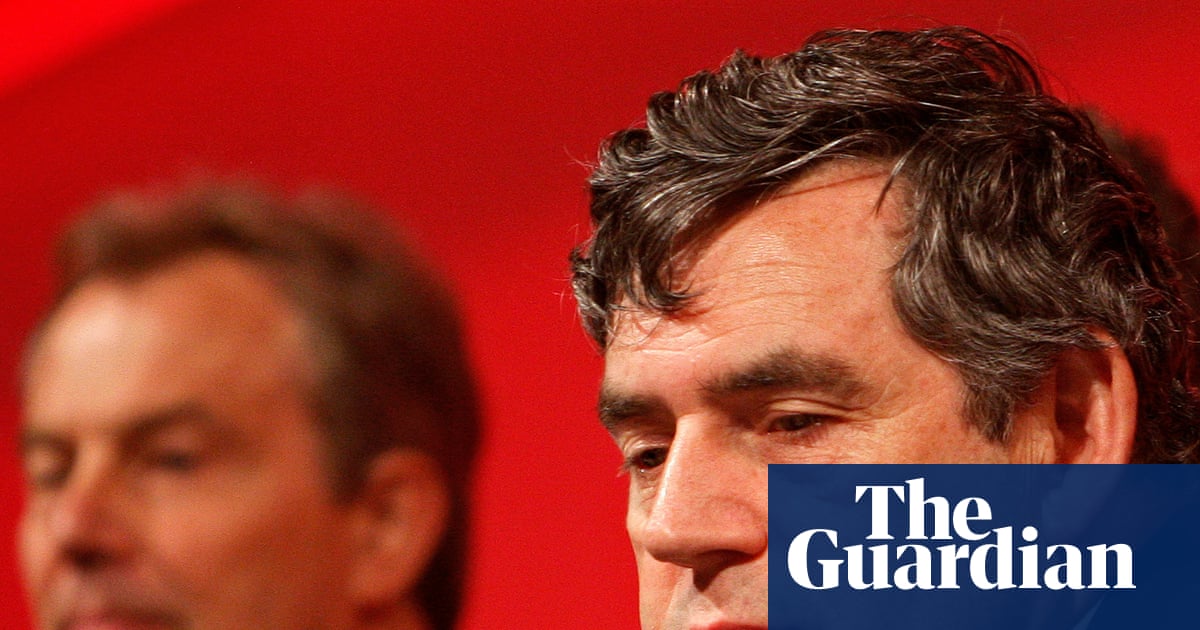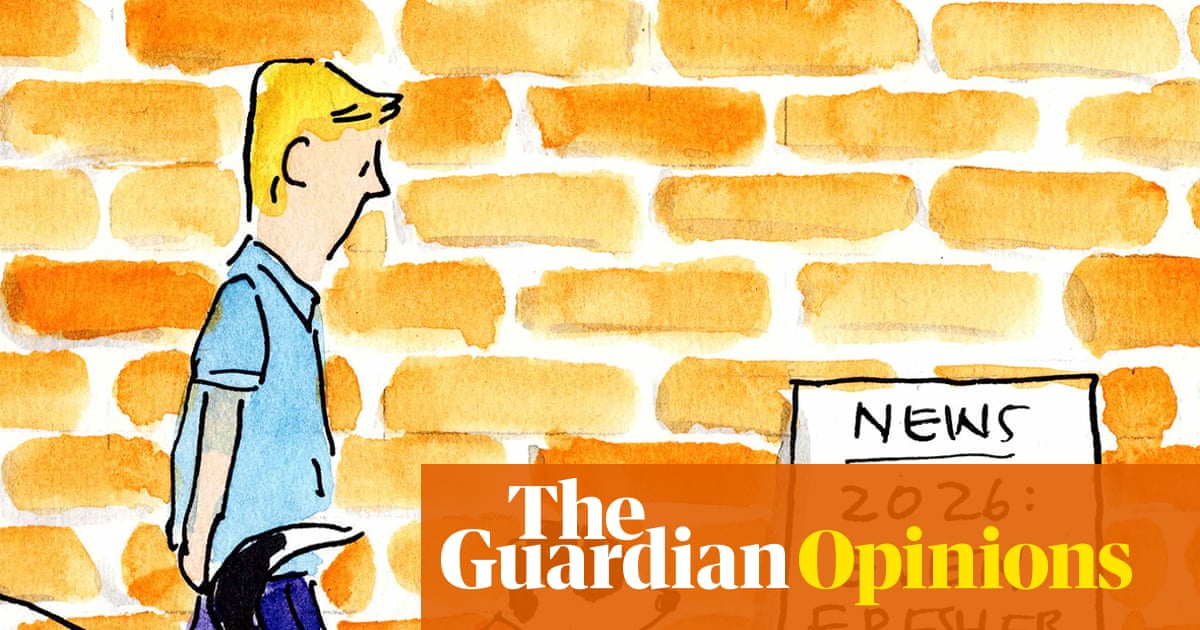“As long as a third of children are living below the poverty line, the government cannot justify keeping the pensions triple lock,” says the subheading on Polly Toynbee’s article (What kind of country puts its pensioners ahead of children in poverty?, 24 October).
I agree completely that it is an outrage so many children are living in poverty, but pitting one generation against another is not a solution. More than 2 million people over the age of 65 are living in poverty. Poverty rates are even higher among those approaching state pension age, which raises concerns about the immediate future, even with the safety net of the triple lock in place. There is also no guarantee that saving money on the triple lock will be put to the benefit of impoverished children.
There is merit in debating the future of the triple lock and its sustainability. But let’s not be naive to think that there is a simple solution to this. The haphazard reform of the winter fuel payment tells us that any reform needs need to be considered, planned and implemented with plenty of advance notice to ensure pensioner poverty does not skyrocket as a result.
It is also depressing to see that the argument against the triple lock cannot be made without ageist insults. Toynbee writes: “The older the country grows, the more emphatically politics favours the decrepit above the young future who will pay for them.” This depiction of utter dependency and reliance does not reflect the huge contributions that pensioners have made to this country over decades, and continue to make.
We need all political parties to show a commitment to reducing poverty for all ages and to discourage narratives that suggest one demographic in society is losing out to the benefit of another.
Dr Carole Easton
Chief executive, Centre for Ageing Better
Polly Toynbee seeks to pit one disadvantaged group against another. Many pensioners also live in poverty. It should surely be possible to end both pensioner poverty and child poverty.
In any case, the national pension scheme is a form of intergenerational solidarity. Those in work and their employers contribute to the scheme, and this funds the pensions of the retired. When they in turn retire, another generation of workers will contribute to their pensions. Pensions are thus a form of deferred wages.
As always, the question asked goes a long way to determining the response. The question “What kind of country puts military spending ahead of the eradication of poverty?” would elicit a very different answer.
Today’s children living in poverty are likely to be the future pensioners living in poverty unless there is a radical change in national priorities.
Dr Steve Cushion
Assistant branch secretary, London retired members branch, University and College Union

 1 month ago
47
1 month ago
47

















































